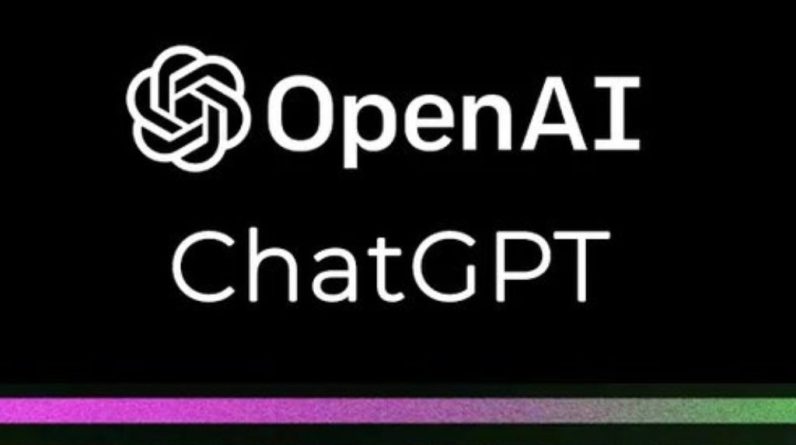
The article from The Information serves as a recap of previously reported issues regarding Apple’s AI struggles, but it also provides additional insights from new sources. One such revelation is that the team working on Apple’s mixed reality headset was so dissatisfied with Siri that they contemplated creating a completely different voice control system for the device. However, the article not only presents these facts but also constructs a persuasive argument that Apple’s organizational dysfunction and lack of ambition in AI leave the company poorly equipped to compete in this rapidly evolving field.
While Google and Microsoft are restructuring and focusing on ambitious AI experimentation and innovation, Apple has taken a different approach. Instead, it has prioritized practical AI applications to enhance the user experience on their iPhone and iPad devices. Unlike other companies, Apple has been relatively conservative in its AI development, avoiding disruptive or industry-changing efforts. The Information’s sources also suggest that senior Apple leadership has curtailed ambitious AI projects within the company’s AI group to prevent the type of embarrassing errors seen in other AI products. In essence, Apple aims to avoid the “hallucinations” that can occur in AI research and development.
Unlike other voice assistants, Siri’s responses are human-written and curated, rather than generative, and Apple has been cautious about pushing Siri towards more detailed back-and-forth conversations like those seen in chatbots. Apple is concerned about being held responsible for providing incorrect answers. While some engineers argue that Apple should tolerate unusual cases and factual errors to improve Siri, others have left the company out of frustration with its conservative approach to AI. Apple has focused on running AI and machine learning features locally on users’ devices, which allows for faster response times and aligns with the company’s commitment to user privacy. However, this approach may not be suitable for large-scale language models (LLMs), which typically require cloud-based processing.
Despite Apple’s conservative approach to AI, sources from The Information report that the company’s engineers are working on significant features powered by large-scale language models (LLMs) and plan to introduce them in an iOS update next year. However, there is currently no information available regarding the specifics of these features or Apple’s approach to their development and implementation.
There’s a possibility that winning the race may not be the most important factor.
Although Apple may appear to be falling behind in radical new AI innovations compared to its Big Tech competitors, the company’s conservative approach could potentially minimize unforeseen negative consequences. While there is hype surrounding generative AI and LLMs, the long-term effects are still uncertain. Apple has historically succeeded in picking up the pieces after more ambitious innovators have failed. However, this approach may lead to a brain drain of ambitious AI developers to companies with fewer restrictions, ultimately threatening Apple’s position in the market. The development of new LLM features by Apple could determine whether it compromises on its commitment to minimal errors or loosens restrictions to remain competitive. The outcome of this development will likely be revealed within the next year or two.






